
HISTORY 220
THE OLYMPIC GAMES — A GLOBAL HISTORY
UNC CHAPEL HILL
FALL 2022
Dr. Matthew Andrews
Office: 515 Pauli Murray Hall (Hamilton Hall on campus maps)
Email: [email protected].edu
Office Hours: Monday 2:30-3:30; Tuesday 3:45-4:45;
Wednesday 1:30-3:00; Thursday 3:45-4:45 and by appt.
Teaching Assistants (TAs) and their email addresses:
Frederick Cochran – fcochran@email.unc.edu
Susannah Haury – [email protected]u
Alma Huselja – ahuselja@email.unc.edu
The rivalry between the great nations in the field of sport is one which by common consent does much to bring their citizens together.
It fosters good fellowship, it encourages mutual respect, and it builds up enduring friendships.
- London Daily Mail (1908)
Serious sport has nothing to do with fair play. It is bound up with hatred, jealousy, boastfulness, disregard of all rules and sadistic
pleasure in witnessing violence: in other words, it is war minus the shooting.
- George Orwell (1945)
COURSE THEMES
In this course we will use the history of the modern Olympic Games (1896-present) as a way to learn about both global
sport and the wider story of modern international relations. On the one hand, then, this is a sport history course—
one in which we will explore (among other things) the nineteenth-century ideologies of amateurism and Muscular
Christianity; the use of sport by governments for nationalist propaganda; the ways that Olympic competitors (and non-
competitors) have used the Games to protest their government or the global political order; issues of race, class, gender,
and the question of who is a “real” or “able” athlete; and the history of “doping” in sports.
But this is also a course on political history and international relations. To study the Olympic Games is to
study the rise of nationalism and imperialism; Nazi fascism—and the response to it—in the 1930s; Cold War tensions
between the United States and the Soviet Union; independence movements in the Global South; South African

2
apartheid and the international anti-racism movement; tensions between mainland China and Taiwan; the question of
a divided Germany; the conflict over Palestine; and the evolving definition of “human rights.” These and other political
controversies and phenomena are a significant part of this course.
We will proceed (more or less) chronologically, beginning with the first modern Olympics in Athens 1896 and ending
with the Beijing Winter Games of 2022. Along the way we occasionally will move beyond the Olympics and explore
the larger realm of international sport, but the quadrennial Olympics—especially the older and larger Summer
Games—are our chief focus. During our semester we will explore the paradox of an event that was created to
celebrate human commonality but one that requires athletes to compete as representatives of different nations. We will
discuss how a celebratory gathering intended to enrich competitors and spectators often leaves host cities and nations in
staggering debt. Finally, we will ask whether the Olympic Games have helped mend political divides and ease
international tensions, whether the Games have actually served to exacerbate these conflicts, or whether the Olympics
are, in the end, politically meaningless.
COURSE STRUCTURE AND ATTENDANCE
The rhythm of this course is as follows—there are two lectures every week (Tuesdays and Thursdays from 2:00-3:15
p.m.) in Chapman 201. Though these meetings are labeled as “lectures,” they will often be interactive. I will ask you
questions about short primary-source readings that I have assigned; you can ask me questions about course content; I
will project text or images on the screen—perhaps a photograph, a poem, or a political cartoon—and we will work to
interpret these sources together. In other words, please do not come to lecture expecting to passively sit back and listen,
as I will often ask you to be an active participant.
Eight times during the semester you will meet for Document Workshops (the Registrar calls them “recitations”).
Your document workshop will be led by one of the Teaching Assistants and will be 50 minutes. Depending on which
one you registered for, your document workshop will be on Tuesdays, Wednesdays, Thursdays, or Fridays in a room
assigned to us by the Registrar. The dates/weeks we have document workshops are marked clearly in this syllabus.
Though I do not plan to take attendance in lecture (I reserve the right to do so), you are responsible for all
information covered in lecture. You are also expected to attend every scheduled document workshop,
where your TA will take attendance (see more about document workshops below).
Because any student who has tested positive for COVID or is showing COVID symptoms should not come to class,
I plan to record classroom lectures on my phone and upload them to Sakai where you can pair the audio of
the lecture with the .pdf of the in-class Keynote presentation.
My policy about excused absences in document workshops comes from the Office of the Dean of Students: Your
absence from a document workshop will only be excused if you provide university paperwork attesting to the reason of
your absence and you notify your TA about your upcoming absence in advance. There is no need to contact me if you
will be missing a lecture meeting.
COURSE READINGS
These two books are required reading for the course and can purchased at the UNC Student Store or on-line:
Jules Boykoff, Power Games: A Political History of the Olympics
David Maraniss, Rome 1960: The Olympics That Stirred the World
There are also assigned primary- and secondary-source readings on the course Sakai page. You can access the
documents on Sakai by clicking the “Resources” tab on the left side of the page. The documents are listed top to
bottom in the order that we will be reading and considering them.
3
A key to doing well in this course is to integrate information covered in lectures with all course readings—the
textbook, the assigned primary-source readings, and the assigned secondary-source readings. Just as you have to
keep current with lectures, do your best to stay current with assigned readings.
VISUAL INQUIRY
We will watch two films this semester and consider them as historical documents—like our readings. Films will be
shown in Hanes Art 121 at 7:00 p.m. on the dates marked on this syllabus (and noted below). We will discuss these
films in document workshops and you will be tested on information in quizzes, so if you cannot watch the films with the
rest of the class you need to make arrangements to view it on your own. The two films are:
Chariots of Fire (1981) – Oscar-winning (Best Picture) film about two British runners at the 1924 Paris Games
that places their Olympic achievements in the context of Muscular Christianity and debates about amateurism.
I will screen this film at 7:00 p.m. on Monday August 29.
One Day in September (1999) – Oscar-winning (Best Documentary) film about the murder of eleven Israeli
athletes at the 1972 Munich Games. I will screen this film at 7:00 p.m. on Tuesday October 11.
ASSIGNMENTS AND GRADES
Your course grade will be determined by the quality of your two argument essays, your Olympics research
essay, your final exam, your performance on quizzes, and your document workshop input (attendance and
level of participation—see below for details).
The argument essay prompts (that is, the question we would like you to answer) will be posted on Sakai and
discussed in lecture at least two weeks before the essays are due. The prompt for the Olympics research essay is at
the end of this syllabus. We will go over the research essay assignment in detail in Document Workshops in late-
October, but you should red over the prompt soon so you are familiar with the assignment and can be on the lookout
for a compelling research topic.
We will give you a final exam study guide about two weeks before the final exam. The final exam will be
cumulative—it will test your knowledge and interpretation of the information covered throughout the entire semester.
Keeping good notes throughout this semester will help you immensely when we get to the final exam.
Every two weeks I will open on Sakai a short quiz. Quizzes are open book and open notes. Once you begin a quiz and
attest to the honor code, you will have five minutes to complete the quiz. Each quiz will consist of five multiple-choice
questions that will cover material from the lecture meetings and readings from the previous two weeks. To take the quiz,
go to the course Sakai site, select “Tests and Quizzes” from the menu on the left side of the page, and then select the
relevant quiz. Once a quiz is open, it will remain open until the end of the HIST 220 semester (i.e., until Tuesday
December 6 at 3:00 p.m.), but I recommend that you take each quiz when the information is fresh in your head. If you
attend lectures and do the readings, you will do well on the quizzes.
Here is how your final grade will be calculated:
First Argument Essay (due September 20 20%
Second Argument Essay (due October 18) 20%
Olympics Research Essay (due November 15) 20%
Final Exam 20%
Quizzes 10%
Document Workshop Engagement 10%
____
Total 100%

4
Policy regarding late work: Argument essays are due at the beginning of class on the dates noted in this syllabus.
Any essay not handed in during class (or emailed before class begins) will be considered late. An essay will be marked
down a half letter grade (five points) if it is late and then five points for every additional 48 hours (two days) it is late.
Please note that the instructor reserves the right to make changes to the syllabus, including project and test due dates
(excluding the officially scheduled final examination) when unforeseen circumstances occur. Any change will be
announced as early as possible so students can adjust their schedules.
DOCUMENT WORKSHOPS
Document Workshops (again, what the Registrar calls “recitations”) are a critical part of this large lecture course. They
are where you have your best opportunity to do the work of a historian, so if you miss more than one Document
Workshop your course grade will be negatively affected. As the name implies, the point of the Document Workshop is
to “work” and engage with the documents. Therefore, it is mandatory that you have the document with you for
reference and discussion—this includes any primary-source documents that we have asked you find.
Here is the general grading rubric for document workshops:
• If you attend every document workshop, always bring the assigned documents for reference, always have done the
required research, and speak occasionally, it will be hard for you to get below a C for your document
workshop grade.
• If you attend every document workshop, always bring the assigned documents for reference, always have done the
required research, and speak regularly, it will be hard for you to get below a B for your document workshop grade.
• If you attend every document workshop, always bring the assigned documents for reference, always have done the
required research, speak often, and provide comments that demonstrate that you have spent time thinking about the
assigned readings and what they can illuminate about global history, you will likely be in the A range for your
document workshop grade.
If you ever want to know how you are doing in your document workshops, please visit your Teaching Assistant—they
will be happy to discuss this with you.
COURSE GRADING SCALE
We will keep grades on the Sakai Gradebook. At the end of the semester you will have a numerical score between 0-
100. That number will be translated into a letter grade. Here is the grading scale—note that all final grades will be
“rounded up,” so if your final mark is 92.50 it will rounded up to a 93 and, thus, an A (a 92.49 would still be an A-):
100-93: A 89-87: B+ 79-77: C+ 69-67: D+
92-90: A- 86-83: B 76-73: C 66-60 D
82-80: B- 72-70: C- below 60: F
HONORABLE AND COURTEOUS BEHAVIOR
THE HONOR CODE: It shall be the responsibility of every student at the University of North Carolina at Chapel
Hill to obey and to support the enforcement of the Honor Code, which prohibits lying, cheating, or stealing when these
actions involve academic processes or University, student, or academic personnel acting in an official capacity.
PLAGIARISM: If the grader of your essay suspects plagiarism and I concur, I will report you to the Honor Court and
then I will contact you. All suspected cases of plagiarism are immediately sent to the Honor Court.
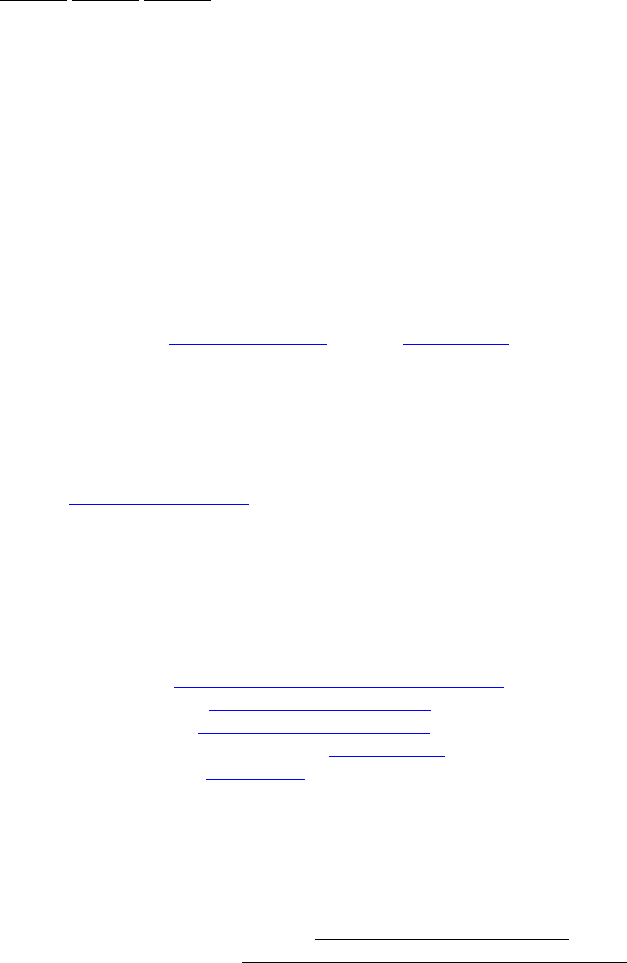
5
THE CAMPUS CODE: It shall be the further responsibility of every student to abide by the Campus Code; namely, to
conduct oneself so as not to impair the welfare or the educational opportunities of others in the University community.
BEING COURTEOUS TO YOU. I will work hard to challenge you this semester and make every lecture as
interesting as possible. I am also committed to living up to the regulations and standards presented in this syllabus.
LAPTOP COMPUTERS
PLEASE PLEASE PLEASE only use your laptop for notetaking and accessing course documents when in class. Using
your laptop for shoe-shopping, sports-watching, social media-browsing, and other personal tasks is distracting and rude
to those around you. I will do my best to remind you at the start of each class to turn off your internet to better avoid
absent-mindedly doing these things. Thank you for your consideration and help with this. Note: I reserve the right to
change this policy if laptop usage becomes disruptive.
ACCESSIBILITY
The University of North Carolina at Chapel Hill facilitates the implementation of reasonable accommodations,
including resources and services, for students with disabilities, chronic medical conditions, a temporary disability, or
pregnancy complications resulting in barriers to fully accessing University courses, programs and activities.
Accommodations are determined through the Office of Accessibility Resources and Service (ARS) for individuals with
documented qualifying disabilities in accordance with applicable state and federal laws. See the ARS Website for
contact information: https://ars.unc.edu or email ars@unc.edu.
COUNSELING AND PSYCHOLOGICAL SERVICES
CAPS is strongly committed to addressing the mental health needs of a diverse student body through timely access to
consultation and connection to clinically appropriate services, whether for short or long-term needs. Go to their
website: https://caps.unc.edu/ or visit their facilities on the third floor of the Campus Health Services building for a
walk-in evaluation to learn more.
TITLE IX RESOURCES
Any student who is impacted by discrimination, harassment, interpersonal (relationship) violence, sexual violence,
sexual exploitation, or stalking is encouraged to seek resources on campus or in the community. Reports can be made
online to the EOC at https://eoc.unc.edu/report-an-incident/. Please contact the University’s Title IX Coordinator
(Elizabeth Hall, interim – titleixcoordinator@unc.edu), Report and Response Coordinators in the Equal Opportunity
and Compliance Office (repor[email protected]), Counseling and Psychological Services (confidential), or the
Gender Violence Services Coordinators (gvs[email protected]; confidential) to discuss your specific needs. Additional
resources are available at safe.unc.edu.
ACADEMIC SUPPORT SERVICES
The College of Arts and Sciences has several support programs to assist students. Accessibility Services provides
individual support to students with diagnosed learning disabilities. The Learning Skills Center offers free instruction in a
variety of academic learning strategies (http://learningcenter.unc.edu/). The Writing Center, which fills up quickly,
provides free tutorial services (http://www.unc.edu/depts/wcweb/about.html).
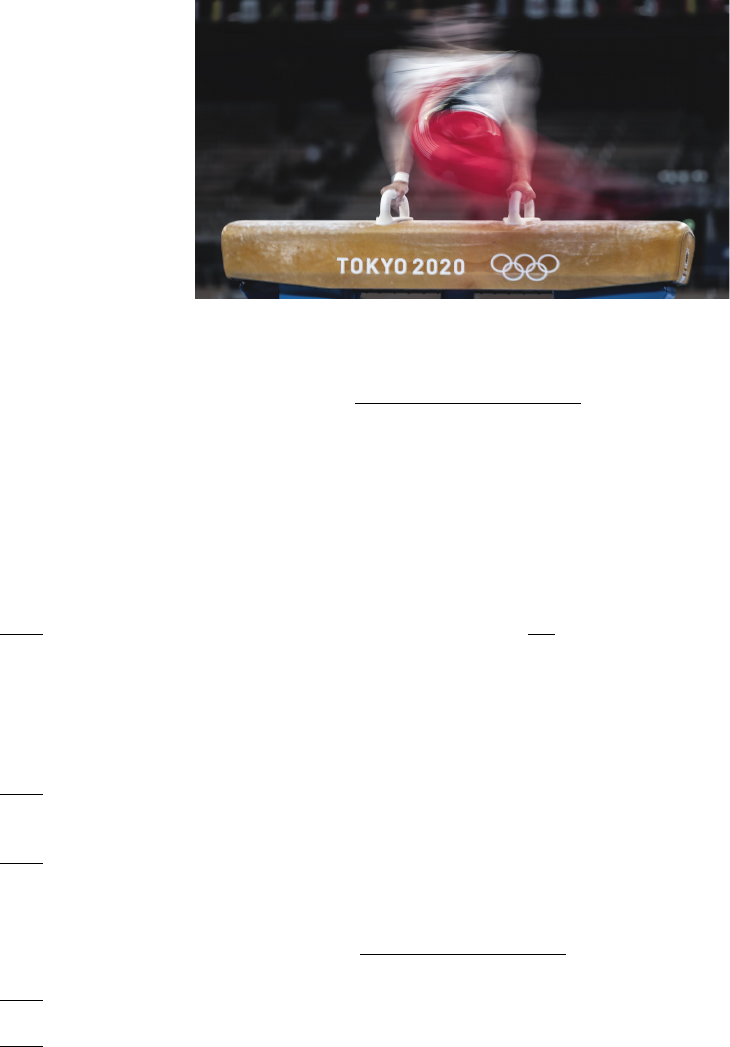
6
OFFICE HOURS AND CONTACTING ME
I am glad you are in this class and I want you to do well. One of the best ways of doing so is to come and ask
questions or just chat with me during office hours. We can talk about the Olympics, we can talk about world
history, we can talk about both, or we can talk about something else entirely! I genuinely enjoy meeting students
and learning from and about them. If you cannot make my office hours, please contact me and we will arrange
an alternate meeting time. Like the Teaching Assistants, I am here to help.
COURSE CALENDAR
16 August (Tue) Course Introduction
18 August (Thu) Reviving the Games
Read: Jules Boykoff, Power Games, foreword and 1-27. [note: I do not think that the e-book version of Power
Games has page numbers, so I have put an e-copy reading guide at the end of this syllabus]
23 August (Tue) Growing Pains
Read: David C. Young, “The Modern Origins of Amateurism,” in The Olympic Myth of Greek Amateur
Athletics (Chicago: Ares, 1984), 15-27.
Read: Power Games, 28-36.
23 – 26 August (Tue – Fri) Document Workshops – Reacting to Stockholm 1912
Read: “England and the Olympic Games,” The Saturday Review (August 17, 1912).
Read: “Sport and the Olympic Games,” The Manchester Guardian (July 23, 1912).
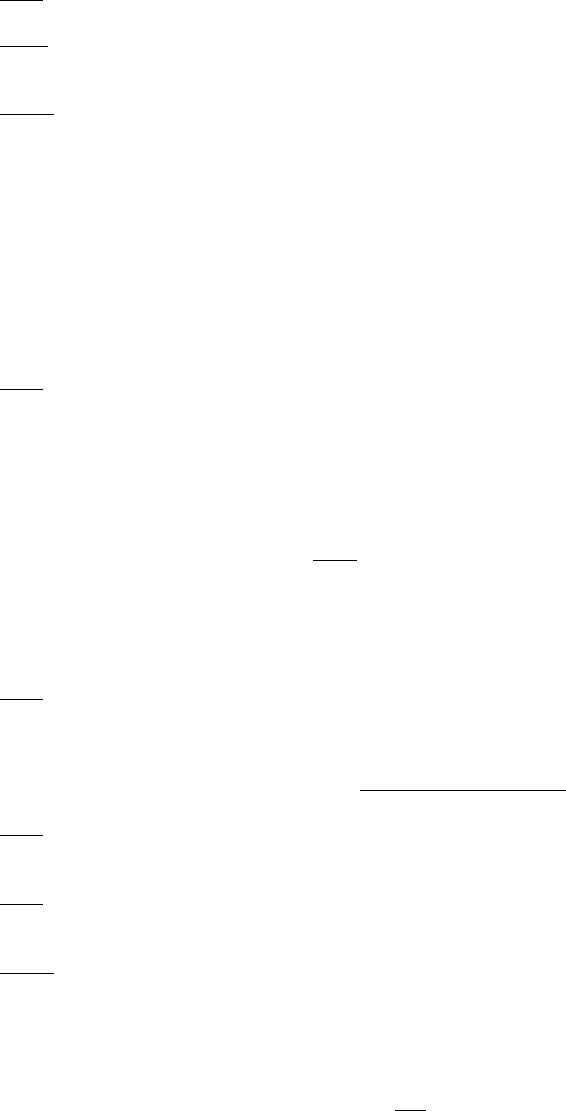
7
Read: “Empire Olympic Team: A Criticism,” Sydney Morning Herald (October 30, 1912).
Read: Davis Edwards, “Col. Thompson Praises America’s Olympic Athletes,” New York Times (August 25,
1912).
To Do: Some of our first document workshop meeting will be spent with introductions, but we also want to
have a substantive discussion about Olympic history. We begin with the 1912 Stockholm Games, where Swedish
athletes won 23 gold medals (and 64 medals overall), United States athletes won 25 golds (and 63 medals overall), and
British athletes won 10 golds and 40 medals overall (disappointing for them). Please read the four short primary-source
documents (newspaper articles) from England, Australia, and the United States and be prepared to comment on what
you find significant. Pay particular attention to (a) how representatives from these nations explain their success (or lack
thereof) at the 1912 Stockholm Olympic Games; and (b) any remedies that they might be proposing.
25 August (Thu) Muscular Christians
Read: Power Games, 36-47.
Quiz #1 opens on Sakai Friday 26 August at 12:00 noon
29 August (Mon) Film: Chariots of Fire (7:00 pm.) (Hanes Art 121)
30 August (Tue) Pomp and Circumstance
Read: Power Games, 49-55.
30 Aug – 2 Sept (Tue – Fri) Document Workshops – Reading Los Angeles 1932
Read: Barbara Keys, “‘Americanizing’ the Olympic Games: Los Angeles, 1932,” in Globalizing Sport: National
Rivalry and International Community in the 1930s (Cambridge and London: Harvard University Press, 2006), 90-114.
Read: David B. Welky, “Viking Girls, Mermaids, and Little Brown Men: U.S. Journalism and the 1932
Olympics,” Journal of Sport History 24 (Spring 1997): 24-49.
To Do: Begin by reading the Barbara Keys essay on “Americanizing” the Games, which provides a nice
introduction to the 1932 Los Angeles Games—and is an essay that is essential reading for your first argument essay.
Next, read the David Welky essay, which provides a model for how to interpret Olympic newspaper reports—in this
case, U.S. newspaper reports of the 1932 Los Angeles Games. We will discuss these essays in document workshops.
Also, please bring your laptop to document workshop as we will access our course library website and introduce you to
the process of researching past Olympic Games. Note: If you cannot attend this document workshop for any reason, you MUST
make an appointment to meet with your Teaching Assistant to discuss the course library website and strategies for researching the Games.
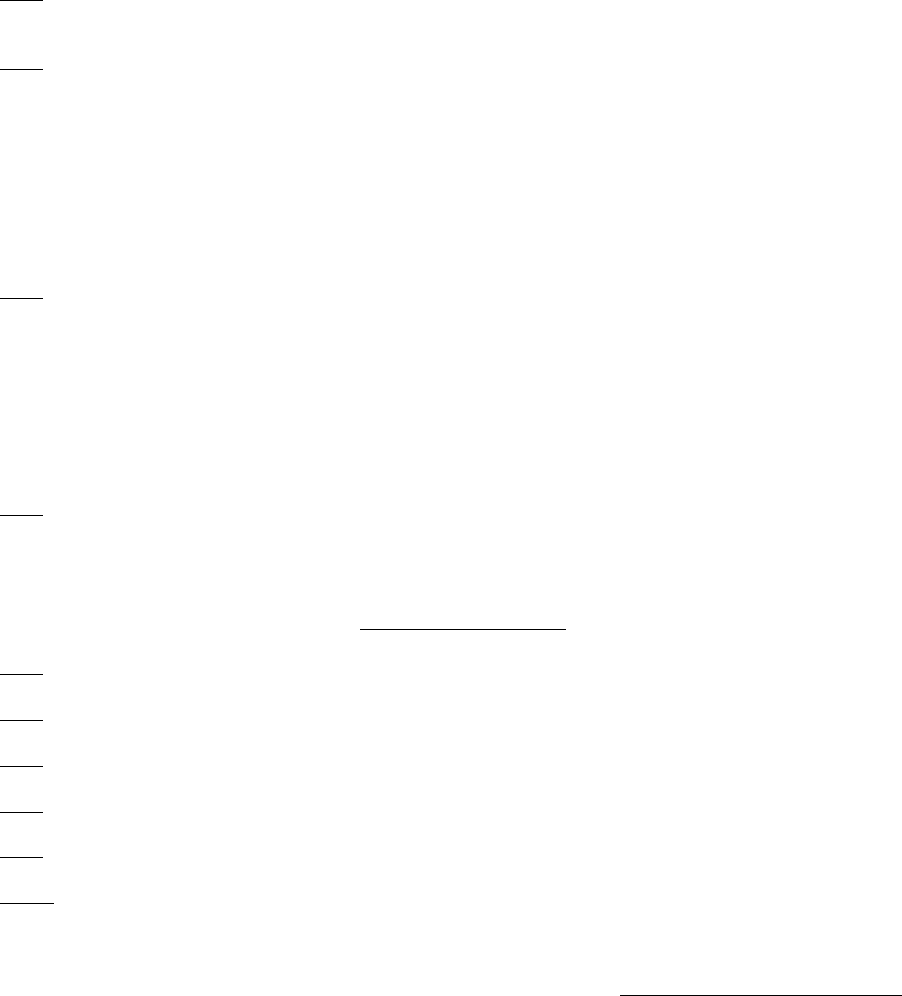
8
1 September (Thu) Olympic Alternatives
Read: Dikaia Chatziefstathiou, “Reading Baron Pierre de Coubertin: Issues of Gender and Race,” Aethlon
25 (Spring/Summer 2008): 95-115.
Read: Power Games, 55-69.
6 September (Tue) No Class (Well-Being Day)
8 September (Thu) The Nazi Olympics
Read: Power Games, 69-78.
Quiz #2 opens on Sakai Friday 9 September at 12:00 noon
13 September (Tue) Scenes from Olympia
Read: Barbara Keys, “Between Nazism and Olympism: Berlin, 1936,” in Globalizing Sport: National Rivalry and
International Community in the 1930s (Cambridge and London: Harvard University Press, 2006), 134-157.
13 – 16 September (Tue – Fri) Document Workshops – Boycotting Berlin 1936
Read: Canadian Sources Regarding Berlin Olympic Games (1935).
Read: United States Sources Regarding Berlin Olympic Games (1935-1936).
Read: English Sources Regarding Berlin Olympic Games (1935-1936).
Read: Mitt Romney, “The Right Way to Boycott the Beijing Olympics,” New York Times (March 15, 2021).
Read: Sally Jenkins, “It’s Unforgivable to Hold the Olympics in Beijing,” Washington Post (August 9, 2021).
To Do: Read the above collections of primary sources and be prepared to discuss the question of boycotting
the Berlin Olympic Games due to Nazi policies. Which of the arguments, both in favor of Berlin boycott and against
the boycott, do you find most compelling? Why?
In addition to these documents, please use your on-line research skills to locate at least one more newspaper article (from
U.S or non-U.S. sources) from before the 1936 Berlin Games that comments on the question of a boycott. Please bring
and be prepared to share (verbally) your findings in document workshop.
Also, let’s connect the story of boycotts to events from the past year. Please read and be prepared to comment on the
two op-eds commenting on a proposed U.S. boycott of the recent Beijing 2022 Winter Olympic Games.
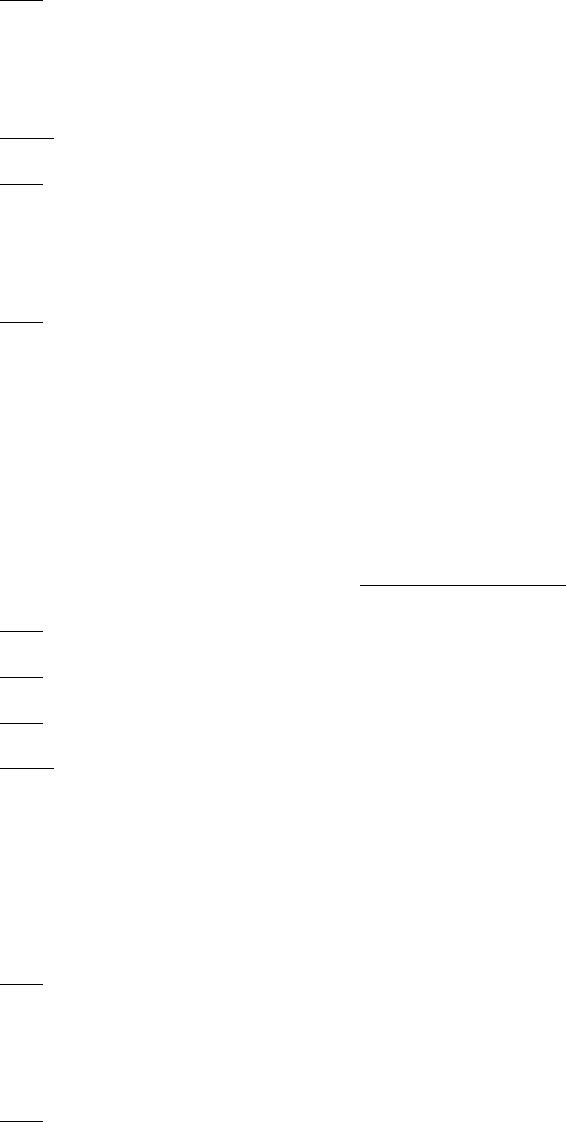
9
15 September (Thu) World War II
Read: Power Games, 78-79.
20 September (Tue) The Russians are Coming!
To Do: Submit First Argument Essay.
Read: Power Games, 81-90.
22 September (Thu) 1956 – Boycotts and Blood in the Pool
Read: Power Games, 90-95.
Quiz #3 opens on Sakai Friday 23 September at 12:00 noon
27 September (Tue) Roger Bannister v. Milkha Singh
27 – 30 September (Tue – Fri) Document Workshops – Cold War Games
Read: David Maraniss, Rome 1960: The Olympics That Stirred the World, preface and chs. 1-11.
Read: A. Kuleshov, “Numeration and Sport,” Fizkul'tura i sport (January 1952)
Read: “Reds Hope to Rule Sports Too,” U.S. News & World Report (August 20, 1954).
To Do: Read the first half of Rome 1960 (chs. 1-11) and the two short assigned primary source documents—
one from the United States and one from the Soviet Union, both critiquing the sport “system” of the other. We will
discuss many of the themes in the Maraniss book, but our chief focus will be on the meaning of Olympic sport for the
Cold War “superpowers.”
29 September (Thu) New Emerging Athletes
Read: Power Games, 95-97.
4 October (Tue) Protests in 1968
Read: Power Games, 97-111.
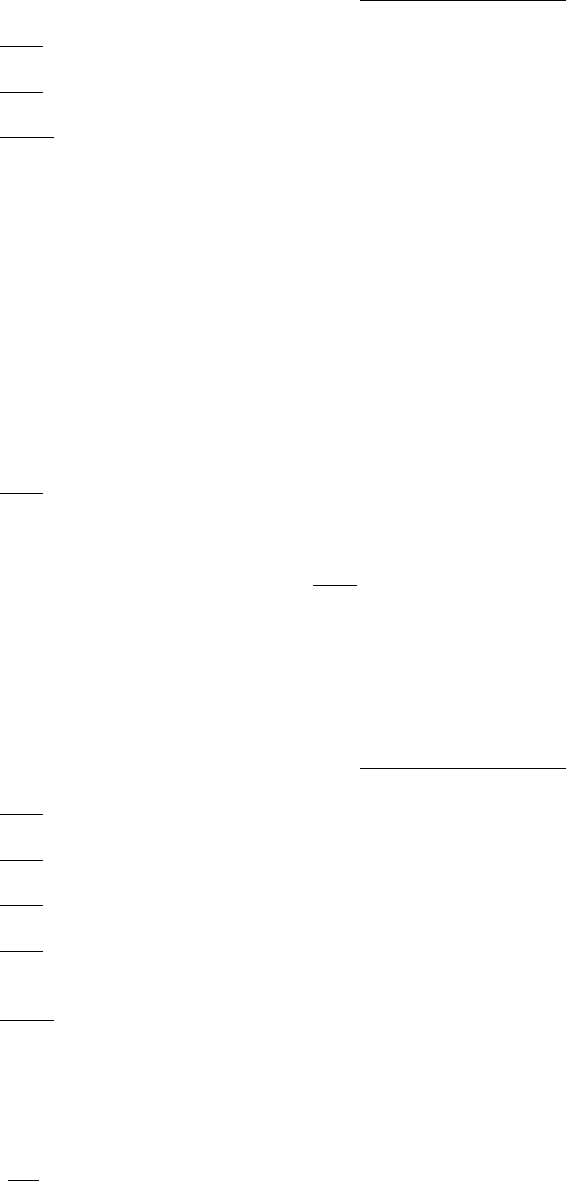
10
4 – 7 October (Tue – Fri) Document Workshops – Brundage and the Games
Read: David Maraniss, Rome 1960: The Olympics That Stirred the World, chs. 12-20.
Read: Avery Brundage, “Highly Confidential” Letter Sent to IOC Members (March 1969).
To Do: Read the second half of Rome 1960 (chs. 12-20) and the “highly confidential” memo sent by Avery
Brundage to IOC members in 1969, in which he outlines his concerns about the Olympic Movement. Which of
Brundage’s concerns do you see evident in the book, Rome 1960? What are your reactions to his concerns?
6 October (Thu) Apartheid Sport
Quiz #4 opens on Sakai Friday 7 October at 12:00 noon
11 October (Tue) Munich 1972
Read: Power Games, 111-115.
11 October (Tue) Film: One Day in September (7:00 pm.) (Hanes Art 121)
13 October (Thu) Terror at the Games
11 – 14 October (Tue – Fri)* Document Workshops – Remembering Munich 1972
Read: Avery Brundage Statement at Memorial for Israeli Olympians (September 6, 1972).
Read: Collected Responses to the Munich Massacre (1972).
Read: Jean-Paul Sartre, “About Munich,” La Cause du peuple—J’accuse (October 15, 1972).
Read: Collected Sources Regarding a Moment of Silence for Munich Victims During London 2012
Opening Ceremony (2012).
To Do: In document workshops this week we will discuss the “Munich Massacre” of 1972, including the film,
One Day in September. The assigned primary sources speak to two controversies relating to the Munich Massacre—(1) the
decision by Avery Brundage to briefly postpone, but not immediately cancel, the Munich Games; and (2) the IOC’s
decision not to have a moment of silence during the London 2012 Opening Ceremony in memory of the fortieth
anniversary of the attack. Please come with questions about what happened in Munich and be prepared to weigh in on
both of the above issues.
*Note: If your document workshop meets on Tuesdays, your “Remembering Munich 1972” workshop will meet next
week—i.e., on Tuesday October 18 (not October 11) so you can consider and discuss the film, One Day in September.
Likewise, if your document workshop meets during the University Day ceremony (Wednesday October 12 from 3:20-
4:40) then your document workshop will meet Wednesday October 19.
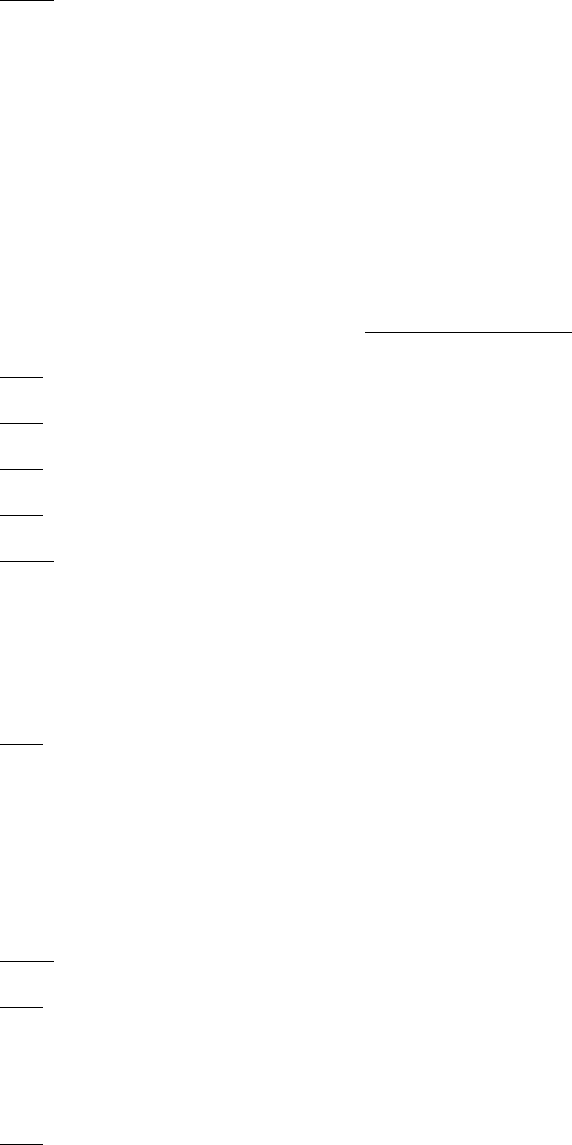
11
18 October (Tue) “Little Girls in Pretty Boxes”
To Do: Submit Second Argument Essay (the due date for students with document workshops that met October
18 or 19 is Tuesday October 25).
20 October (Thu) FALL BREAK
25 October (Tue) Hockey Wars
25 – 28 October (Tue – Fri) Document Workshops – Gender and the Games
Read: Olga Connelly, “Love Made Me an American,” Saturday Evening Post (January 28, 1961).
Read: “Why Can’t We Beat This Girl?” Sports Illustrated (September 30, 1963).
Read: “Are Girl Athletes Really Girls? Life (October 17, 1966).
Read: Bob Ottum, “Dolls on the Move to Mexico,” Sports Illustrated (September 2, 1968).
To Do: Make sure you have your laptop with you as part of our document workshop will be spent
reacquainting you with the HIST 220 library website and discussing your Olympic Research Essay. Your Olympic
Research Essay Proposal form is due to your TA by Tuesday November 1.
27 October (Thu) Cracks in Mount Olympus
Read: Power Games, 117-127.
Quiz #5 opens on Sakai Friday 28 October at 12:00 noon
1 November (Tue) Superpower Boycotts
To Do: Submit Olympics Research Essay Proposal (proposal form is on Sakai).
Read: Power Games, 127-136.
3 November (Thu) End of the Cold War
Read: Power Games, 136-139.
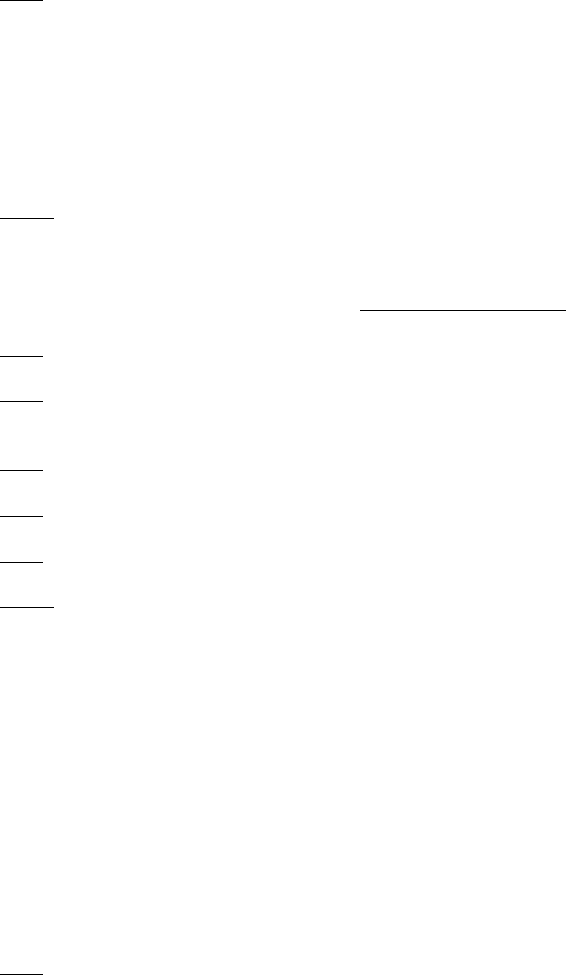
12
8 November (Tue) End of Amateurism
10 November (Thu) Capitalism at Play
Read: Power Games, 140-168.
Quiz #6 opens on Sakai Friday 11 November at 12:00 noon
15 November (Tue) Sex
To Do: Submit Olympics Research Essay.
15 – 18 November (Tue – Fri) Document Workshops – Must the Games Go On?
Read: Bill Bradley, “Five Ways to Reform the Olympics,” New York Times (July 21, 1976).
Read: Uri Friedman, “What if the Olympics Were Always Held in the Same City? A Few Radical Idea to
Reform the Games,” The Atlantic (August 5, 2016).
Read: Wayne Drehs and Mariana Lajolo, “After the Flame,” ESPN.com (August 10, 2017).
Read: Michael Rosenberg, “Should Russians Be Allowed to Compete?” Sports Illustrated (May 25, 2022).
Read: Andrew Keh, “How Indigenous Athletes are Reclaiming Lacrosse,” New York Times (July 27, 2022).
To Do: In “Five Ways to Reform the Olympics” and “What if the Olympics Were Always Held in the Same
City?” Bill Bradley (in 1976) and Uri Friedman (in 2016) proposed remedies and reforms for the Olympic Games. As
you prepare for your final document workshop in this course, consider their proposals and think about remedies you
would like to propose that would bring the Olympics closer in line with the original vision of the Games, your own
values, or both. How can we fix the Games or, at least, make them better? Where do we go from here? For example (and this speaks
to two of our documents), should Russia be invited to upcoming Games? What about the Haudenosaunee nation? We
will discuss the above documents and your ideas in document workshop.
17 November (Thu) Drugs
22 November (Tue) Human Rights
Read: Power Games, 168-209.
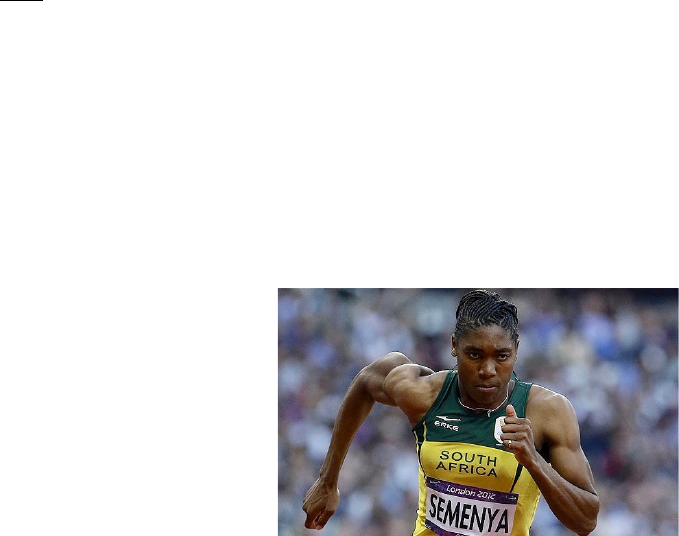
13
24 November (Thu) THANKSGIVING BREAK
29 November (Tue) Hindsight from the 2020s
Read: Power Games, 209-252.
Quiz #7 opens on Sakai Tuesday 29 November at 5:00 p.m.
6 December (Tue) FINAL EXAM – 12:00 - 3:00 p.m.
Caster Semenya, South Africa (London 2012)
Olympics Research Essay
Due Tuesday 15 November
THE ASSIGNMENT: For this course you are required to write a Research Essay that that (a) has an argument
based on primary sources and (b) explores a topic related to both the Olympic Games and at least one of
the broader historical themes in our course—race, gender, international relations, political protest, national
identity, economics, etc.
SOURCES REQUIREMENT: At the absolute minimum, your essay needs to use and interpret five (5) primary
sources. The most accessible primary sources will be newspaper and magazine articles about your topic. Two
different newspaper articles from the same newspaper counts as two different sources. That said, the more variety in the
sources you use, the more compelling your essay will be.
We encourage to use secondary sources, as well—maybe the Boykoff book, perhaps an essay assigned in this course, or
maybe a book or article you have found through your own research, but your essay’s main argument (your
thesis) must come from your analysis of your primary sources.

14
DEADLINES
Here are the two due dates to keep in mind:
(1) Your Olympics Research Proposal Form is due to your TA no later than Tuesday November 1,
though you can submit it earlier. As you will see, in this proposal you must ask a guiding historical question
that you are seeking to answer through your research—the answer to that question will be your thesis. Two
examples of what this guiding question might look like: “What can the reactions to the first Women’s
Olympic marathon in 1984 tell us about global ideas about gender?” or “What can the reaction in nations
x, y, and z to the Soviet boycott of the 1984 Olympic Games reveal about attitudes toward sport, politics,
and the Cold War?”
Do some preliminary research! Before you pick a topic, do a newspaper and magazine search (using the
course library website and your developing research skills) and see if there are primary sources available for
your project. If you are having trouble finding relevant sources, come and see us. Once you hand in your
proposal and receive your TA’s approval, you can only change your topic with their assent.
(2) Tuesday 15 November—your Essay is due.
CONSTRUCTING YOUR ESSAY: Your essay needs to have an argument in which you explain what your
Olympic story can reveal about one of our course themes. It also must support and develop that argument by using the
evidence drawn from your primary sources.
There is no one “right” way to construct an essay like this, but if you are unsure how to proceed, here’s one possible
template:
Begin your introduction with a colorful sport story. Put the reader in the middle of the sport action. Then zoom
out and explain what this one moment, event, etc. can tell us about the wider themes in world history. In other
words, how is this event or moment bigger than just sports? Your answer to this question is your argument.
Next, back up and place your event in time. When did it occur? What does your reader need to know about
the Olympic Games and global history to make this event more understandable?
Then move on to your primary source evidence and analysis. This is the “meat” of your essay. What
happened? How did different people write about and understand this event? Was there unanimity of
interpretation about this event, or did the event provoke different opinions and controversy? What can we learn
about world history at the time of the event from your primary sources?
Finish your essay with a conclusion in which you reiterate your argument.
FORMATTING YOUR ESSAY: Your essay should be 4-7 pages in length (so you have flexibility here, but less
than 4 full pages is definitely too short—more than 7 pages is too long). The essay must be typed, double-spaced, use
12-point font (we suggest Times New Roman), and have one-inch margins.
In the upper-left corner of the first page your essay, include three single-spaced lines with: (1) your name; (2) the
class number (HIST 220); and (3) the date you are turning in the essay. Give your essay a title—though no title
pages please.
Make sure your essay has page numbers and then staple your pages together!
At the end of your essay, please type the words “Honor Code” and then type your name.

15
Citations: You must use Chicago/Turabian style footnotes in your essay.
POSSIBLE TOPICS
Look back over your notes and see if there are any particular stories that especially interest you and you want to learn
more about. Also, your textbook (Power Games) is filled with stories and events you can explore further—if you are
interested in a more contemporary story, read ahead! If you still have no idea what to write about, come see me! We
can talk about the events, themes, and/or nations that interest you and I should be able to suggest an event or topic
based on these interests.
Jules Boykoff, Power Games,
E-Copy Reading Guide
Lecture Title* e-copy reading
Reviving the Games Foreword and ch. 1 (stop at “Unfairness at the Fair”)
Growing Pains Ch. 1 (start at “Unfairness at the Fair” and stop at “Olympian Dissent in 1906”)
Muscular Christians Ch. 1 (start at “Olympian Dissent in 1906” and finish ch. 1)
Pomp and Circumstance Ch. 2 (start ch. 2 and stop at “Women’s Games”)
Olympic Alternatives Ch. 2 (start at “Women’s Games” and stop at “Nazi Games”)
The Nazi Olympics Ch. 2 (start at “Nazi Games” and stop at “Cold War Inklings”)
Scenes from Olympia No textbook reading
World War II Chs. 2 (start at “Cold War Inklings” and finish ch. 2)
The Russians Are Coming! Ch. 3 (start ch. 3 and stop at “Boycotts and Dustups”)
1956 Ch. 3 (start at “Boycotts and Dustups” and stop at “Forces Forcing Change”)
Bannister v. Singh No textbook reading
New Emerging Athletes Ch. 3 (start at “Forces Forcing Change” and stop at “Apartheid, Activism, ...”)
Protests in 1968 Ch. 3 (start at “Apartheid, Activism, ...” and stop at “1972 Olympics”)
Apartheid Sport No textbook reading
Munich 1972 Ch. 3 (start at “1972 Olympics” and finish ch. 3)
Terror at the Games No textbook reading
“Little Girls in Pretty Boxes” No textbook reading
16
Hockey Wars No textbook reading
Cracks in Mount Olympus Ch. 4 (start ch. 4 and read through description of 1976 Montreal Games)
Superpower Boycotts Ch. 4 (start where you left off above and stop at “Hyping the Barcelona Model”)
End of the Cold War/End… Ch. 4 (start at “Hyping the Barcelona Model” and stop at “Atlanta’s Coca-Cola...”)
Capitalism at Play Chs. 4-5 (start at “Atlanta’s Coca-Cola...” and stop at “The Cha-Ching in Beijing”)
Sex No textbook reading
Drugs No textbook reading
Human Rights Ch. 5 (start at “The Cha-Ching in Beijing” and finish ch. 5)
Ability No textbook reading
Hindsight from the 2020s Ch. 6 (read whole chapter)
